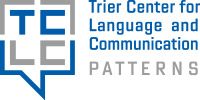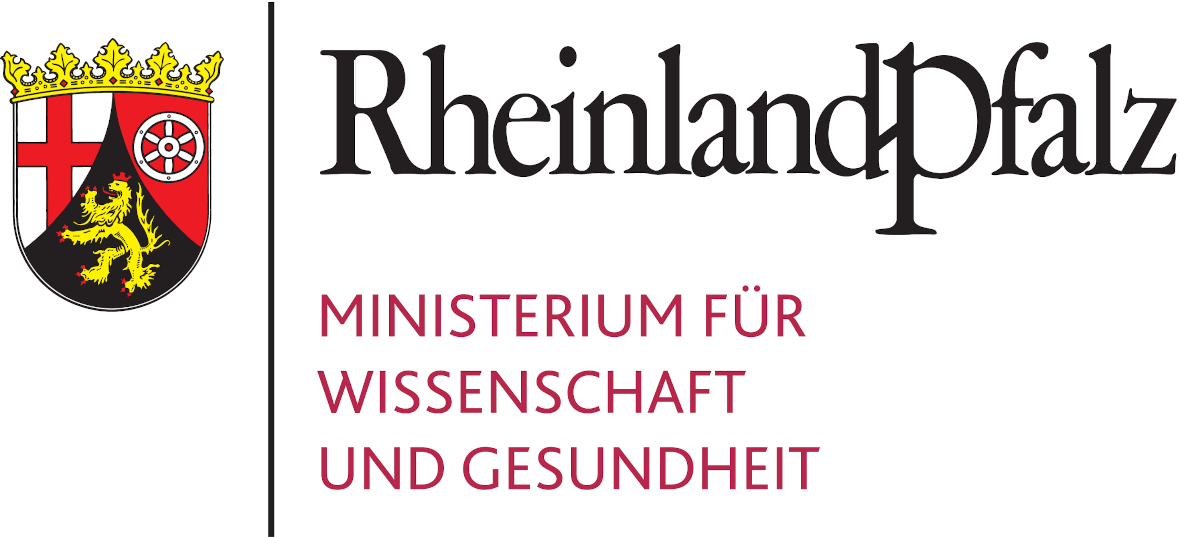The 45th Annual meeting of the German Linguistic Society (DGfS 2023)
Cologne, March 8–10, 2023
Conference website: https://dgfs2023.uni-koeln.de/en/
will host a workshop on
Dynamics at the lexicon-syntax interface: creativity and routine in word-formation and multi-word expressions
Aims & Topics
Both word-formation and the coinage of multi-word expressions can be characterised in terms of creativity and routine. Despite obvious parallels, however, the different types of expression are often studied independently of each other, by different research communities. Furthermore, much research on creativity also takes place in the domain of word-play and humorous language. The workshop aims to bring together these different research communities to discuss empirical evidence on the role of creativity in word-formation and multi-word units. We invite contributions that provide empirical evidence to answer the following (and related) questions:
- What is the role of creativity in the emergence, usage and propagation of lexical patterns?
- How does ‘routine’ develop?
- How and to what extent is ‘routine’ a necessary prerequisite for creative use of word-formation and multi-word units?
Background
Routine in word-formation and multi-word expressions is traditionally described in terms of morphological, lexical, syntactic, and pragmatic rules, but ‘creativity’ is defined in different ways, with definitions ranging from seeing creativity at the heart of human (linguistic) cognition (Chomsky 1964; Goldberg 2003) to seeing creativity as precisely beyond ‘regular’ routines (Filatkina 2018), e.g. as an attention-seeking tool or wordplay (Arndt-Lappe et al 2018). In this latter sense, ‘creativity’ is usually sharply distinguished from ‘productivity’, i.e. rule-governed behaviour. In research on multi-word units, creative strategies in this sense are usually discussed as ‘modifications’. Diachronically, however, modifications may develop into productive patterns. In word-formation research, creative strategies in the latter sense are often labelled as ‘extravagant’ (Haspelmath 1999), ‘extragrammatical’ (Dressler 2000), ‘analogy-based’ (Mattiello 2017), or simply ‘creative’ (Benczes 2008); again, such patterns may diachronically develop into regular processes (Norde & Van Goethem 2018). Despite these categorisations, the question on what basis patterns are to be defined as ‘creative’ still remains subject to debate. Criteria that have figured particularly prominently are (a) the degree of consciousness with which an expression was formed, (b) the expressive function of a pattern, and © structural properties of a pattern (like, e.g., non-concatenative properties). None of these criteria is without its problems, however, as all properties mentioned can also be true of processes that are generally not conceived of as ‘creative’.
We encourage submissions addressing creativity and routine in patterns formation from different theoretical frameworks and methodological approaches that include but are not limited to questions listed above. Applications at the crossroads of different linguistic subfields are particularly welcome as well as applications using novel data types.
Invited speakers:
Speaker 1: Raymond Gibbs (University of California, Santa Cruz)
Speaker 2: Hans-Jörg Schmid (LMU Munich)
Organisers:
Sabine Arndt-Lappe (Trier University, arndtlappe@uni-trier.de)
Natalia Filatkina (University of Hamburg, natalia.filatkina@uni-hamburg.de)
Abstracts for 20-minute talks (+10 min. discussion) should be submitted in PDF format, and must not exceed 1000 words, excluding references. Submissions should be sent to: arndtlappe@uni-trier.de and natalia.filatkina@uni-hamburg.de.
Important dates:
- Deadline for abstract submission: September 11, 2022, 23:59 CET
- Notification of acceptance: September 19, 2022
Contact:
arndtlappe@uni-trier.de and natalia.filatkina@uni-hamburg.de.
Travel grants available:
A limited number of travel grants of up to 500 Euro are available for accepted contributions by DGfS members without/with low income.
(Preliminary) Program: Workshop 1 (version Nov 22)
|
Dynamics at the lexicon-syntax interface: creativity and routine in word-formation and multi-word expressionsSabine Arndt-Lappe (Trier) & Natalia Filatkina (Hamburg) |
Mittwoch / Wednesday, 08.03.2023 |
|
|
13:45–14:45 |
Raymond W. Gibbs, Jr. (invited speaker) The metaphorical body: why metaphor may be everywhere |
|
14:45–15:15 |
Martin Schäfer (Düsseldorf) Creative -ness |
|
15:15–15:45 |
Stefan Hartmann (Düsseldorf) & Tobias Ungerer (Montreal) “Chaos theory, shmaos theory”: creativity and routine in English shm-reduplication |
|
|
|
|
15:45–16:30 |
PAUSE / BREAK |
|
16:30–17:00 |
Milena Belosević (Bielefeld) Name blends between creativity and routine |
|
17:00–17:30 |
Jelena Parizoska (Zagreb) Creativity and recontextualization: lexical substitution in English verbal idioms |
|
17:30–18:00 |
Alexandra Bagasheva (Sofia) Creativity and routine in word formation: four case studies |
|
|
|
Donnerstag / Thursday, 09.03.2023 |
|
|
09:00–10:00 |
Hans-Jörg Schmid (Munich, invited speaker) What is creative to whom and why? Creativity in word-formation and phraseology against the backdrop of shared conventions and individual routines |
|
10:00–10:30 |
John D. Sundquist (Purdue) Creativity and productivity in composite predicates in the history of American English |
|
|
|
|
10:30–11:15 |
PAUSE / BREAK |
|
11:15–11:45 |
Vsevolod Kapatsinski (Oregon) & Zara Harmon (Maryland) Creativity through routine: the roles of form accessibility and top-down inhibition in language production and change |
|
11:45–12:15 |
Regina Ruf & Elena Smirnova (Neuchâtel) Mit Hilfe von Kreativität? — how German complex prepositions are shaped |
|
12:15–12:45 |
Sören Stumpf (Munich) Creativity in the dynamics of German constructional idioms. A diachronic, corpus-based approach |
|
|
|
|
12:45–13:45 |
MITTAGSPAUSE / LUNCH BREAK |
|
13:45–14:15 |
Maximilian Frankowsky (Leipzig) & Barbara Schlücker (Leipzig) Creativity and routine in name-based patterns |
|
14:15–14:45 |
Fabian Fleißner (Neuchâtel) Closing the mental gaps: German ‘Come to mind’ constructions as gateway and a dead end for creativity |
|
|
|
Freitag / Friday, 10.03.2023 |
|
|
11:45–12:15 |
Katrin Hein (Mannheim) Expanding the boundaries of word formation: phrasal compounding in German between creativity and routine |
|
12:15–12:45 |
Martina Werner (Wien) & Katharina Korecky-Kröll (Wien) & Nina C. Rastinger (Wien) Phrase or compound? A psycholinguistic experiment on German modifiers and the role of relational adjectives |
|
12:45–13:15 |
Muriel Norde (Berlin) & Francesca Masini (Bologna) & Kristel Van Goethem (Louvain) & Daniel Ebner (Berlin) Wannabe approximatives: creativity, routinization or both? |
|
13:15–13:45 |
Pedro Ivorra Ordines (Santiago de Compostela) & Carmen Mellado Blanco (Santiago de Compostela) … und ich sage dir, wer du bist. The creative potential of proverbs from a contrastive point of view. A constructionist approach |
|
13:45–14:15 |
Monica Vasileanu (Bucharest) & Anabella-Gloria Niculescu-Gorpin (Bucharest) Romanian libfixes in the making |
|
|
|


